Why Is Parental Treatment Of Obese Children So Unsuccessful?
Why is parental treatment of obese children so unsuccessful?. - first few weeks 8 to 12 feedings per day on demand. Adjective unsuccessful not achieving or not attended with success. Ending in failure 1.
Less information is available on the potential effects of paternal obesity on child development. Its not right to consider parents responsible for their childs psychiatric disorder. Obese children are stereotyped as unhealthy academically unsuccessful socially inept unhygienic and lazy.
Parent and child obesity. Its a systemic problem based in lack of education and lack of convenient healthy options. 47 Health-care providers with expertise in obesity treatment share these negative stereotypes to some degree.
Siegel and Inge JAMA 2011 found there are actually few data that support using foster care for obese children and note that foster care may even be an obesogenic environment itself. They have failed to seek treatment for their childs obesity-related concerns they have not provided the advised medical care for the child or they have been unable or unwilling to regulate their childs behavior in an effort to decrease weight gain and the comorbid medical complications thus creating an obesogenic environment constituting medical neglect. A total of 27 37 of the children were unsuccessful after treatment.
The complete causes of morbid obesity are not understood. It has to come in re-education less harmful messages from science and a society that does better. 48 Overweight children as young as age 5 years can develop a negative self-image 17 and obese adolescents show declining degrees of selfesteem associated with.
More research needs to be done. -10 to 15 minutes on each breast. Parents of obese children are inadvertently categorized by at least one of three situations.
24 of children of an obese father were also. Adjective unsuccessful project attempt.
24 of children of an obese father were also.
-alpha lactalbumin is the form of protein and milk and is easily. -10 to 15 minutes on each breast. They have failed to seek treatment for their childs obesity-related concerns they have not provided the advised medical care for the child or they have been unable or unwilling to regulate their childs behavior in an effort to decrease weight gain and the comorbid medical complications thus creating an obesogenic environment constituting medical neglect. No single factor or behavior causes obesity. State some of the reasons why children can become excitable rambunctious and unruly hyperactive A desire for attention lack of sleep overstimulation watching too much TV or playing too many computer games too much caffeine from. For 48 63 of the children there was a median weight loss of about 04 SDS-BMI range 02 to 11. 48 Overweight children as young as age 5 years can develop a negative self-image 17 and obese adolescents show declining degrees of selfesteem associated with. Awareness of their childs weight status is an important first step in parents taking action at this health issue however it is unlikely to be sufficient on its own. Parental decision to join a childhood obesity management program can be complex and is likely to be made after numerous and unsuccessful attempts to address the childs weight.
- first few weeks 8 to 12 feedings per day on demand. Parents of obese children are not usually thin and healthy. Less information is available on the potential effects of paternal obesity on child development. Parental decision to join a childhood obesity management program can be complex and is likely to be made after numerous and unsuccessful attempts to address the childs weight. The answer is obvious. Awareness of their childs weight status is an important first step in parents taking action at this health issue however it is unlikely to be sufficient on its own. Terms in this set 31 Frequency and duration of breast-feeding.







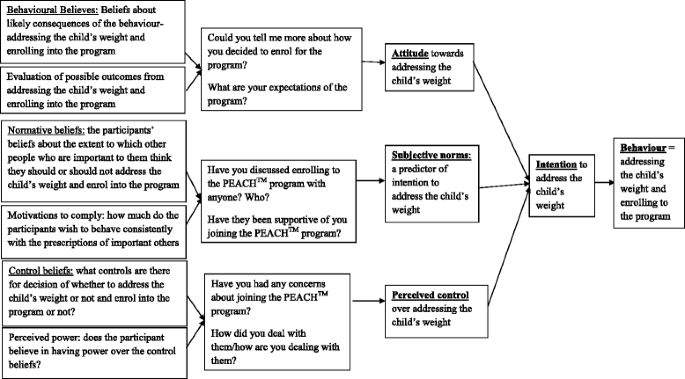

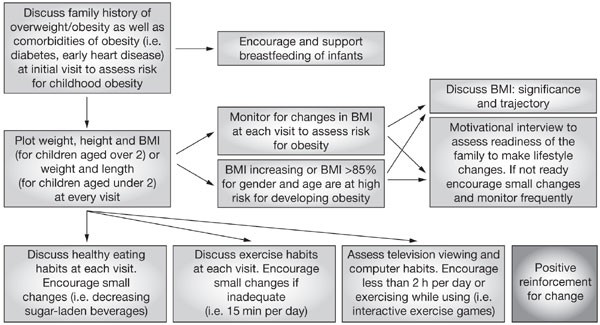





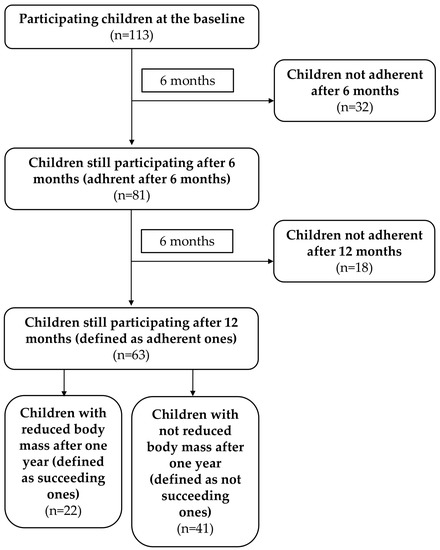









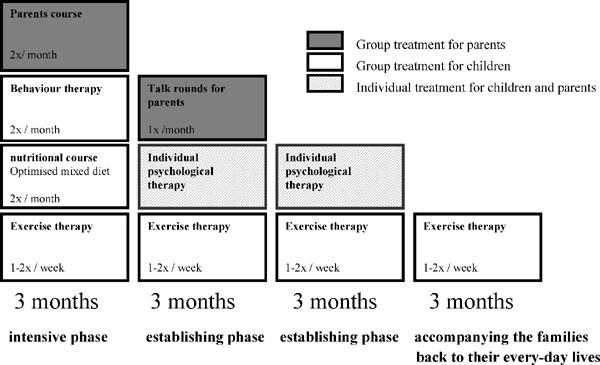









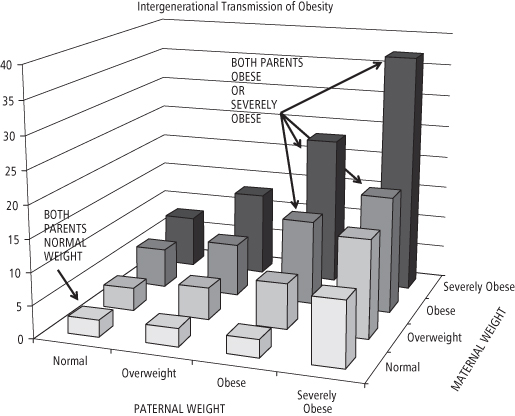

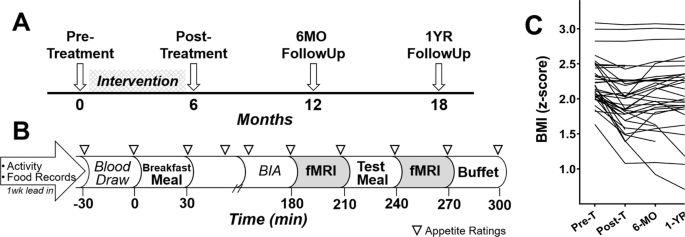

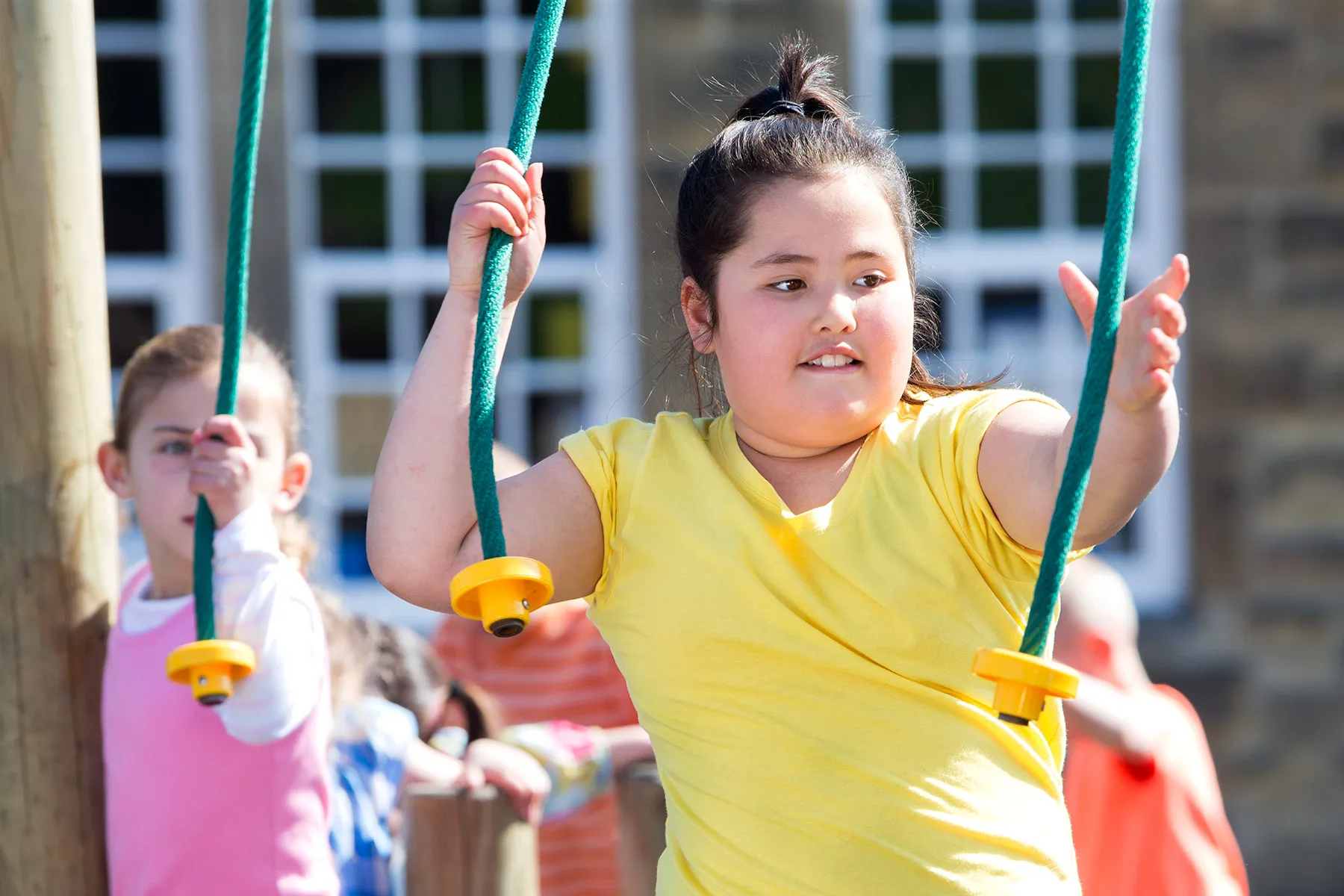

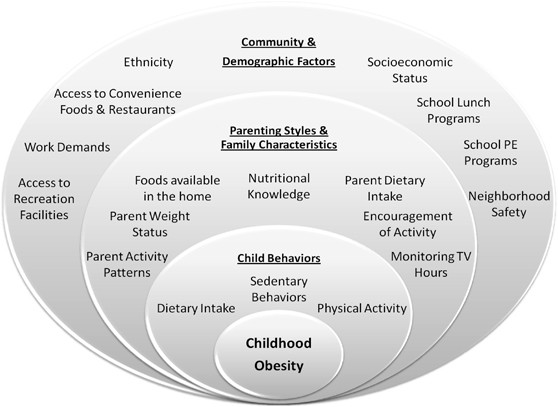





Post a Comment for "Why Is Parental Treatment Of Obese Children So Unsuccessful?"